
Moon-Neptune: Tide After Tide
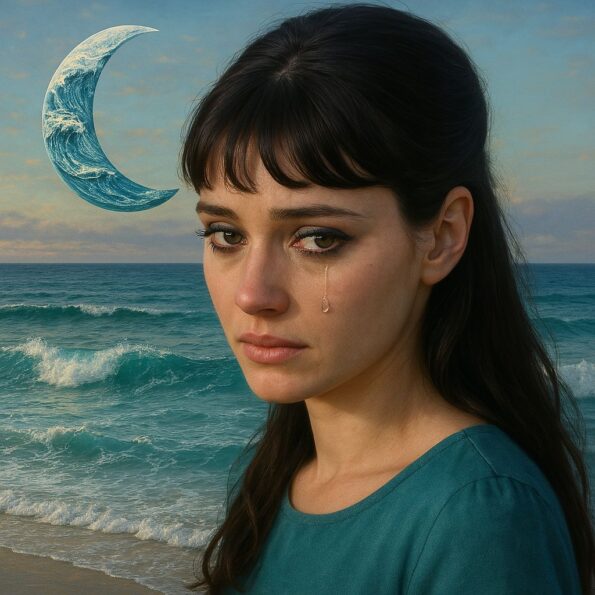 The Moon, pale mistress of the night, is an emblem of our emotional world, our instinctual tides, the subterranean sea of how we feel and how we relate. For many of us, when the Moon is stressed, emotionally cornered, threatened with abandonment, facing the abyss of grief? We retreat. We lash out. We regress. We reach for old coping mechanisms, grabbing at anything familiar, anything that numbs. Some curl into the fetal position, seeking safety in solitude or nostalgia. Others go full emotional rage, blame, dramatic declarations. “If you leave me, I’ll cease to exist!”—which is, in its own way, a kind of emotional truth. When our Moon is in agony, what it’s really screaming is, “See me! Hold me! Love me despite this brokenness!” Because the Moon is our inner child—and it doesn’t want solutions, it wants connection.
The Moon, pale mistress of the night, is an emblem of our emotional world, our instinctual tides, the subterranean sea of how we feel and how we relate. For many of us, when the Moon is stressed, emotionally cornered, threatened with abandonment, facing the abyss of grief? We retreat. We lash out. We regress. We reach for old coping mechanisms, grabbing at anything familiar, anything that numbs. Some curl into the fetal position, seeking safety in solitude or nostalgia. Others go full emotional rage, blame, dramatic declarations. “If you leave me, I’ll cease to exist!”—which is, in its own way, a kind of emotional truth. When our Moon is in agony, what it’s really screaming is, “See me! Hold me! Love me despite this brokenness!” Because the Moon is our inner child—and it doesn’t want solutions, it wants connection.
To speak of the Moon in astrology is to speak of our most primal self—the part that existed before identity took hold, before performance became necessary. The Moon is the infant’s cry in the night, the mother’s breast, the need for belonging. It is the unspoken understanding between two souls who know how to be together without needing to explain. It is instinct, and it is need. It is the lover that says, “I am here. Are you?”
When this planet is put under pressure—real pressure—it doesn’t respond with reason. It responds with reflex. And those reflexes are brutal when love feels threatened. In those moments, we might find ourselves turning inward, believing that silence will shield us. Or we might become feral, barking our pain into the world, demanding acknowledgment in the only way we know how—through anger, through tears, through chaos. It isn’t elegant. It isn’t tidy. But it’s real. It’s the Moon, bleeding.
What often goes unnoticed is how deeply this reaction is tied to memory. The Moon holds the mother’s voice, the tone of every early comfort and every early wound. So when the present presses too hard, it awakens the past. We don’t just feel this loss, we feel every loss. The death isn’t of the loved one—it is of the fantasy of invulnerability. The rejection isn’t just from this person—it’s from the very idea that we are loveable at all. The Moon shows the fears we’ve dressed up as independence. The wounds we’ve called personality traits.
You can’t rationalize your way through this kind of vulnerability. You can only feel it. You can cry into it, curl around it, journal about it. You can hold yourself the way you wish someone else would. And when you do that—when you really do that—you start to make peace with your Moon. Not as a drama queen or a liability, but as the soft, luminous core of what makes you human.
A Psychic Osmosis
When Neptune comes into contact with the Moon, we get a kind of psychic osmosis, a subtle dissolving of the ordinary boundaries between the inner world and outer experience. The result? Emotional responses that are as fluid and mysterious as mist rising from a midnight lake. While the Moon alone might flinch, cry, or withdraw in pain, Moon-Neptune takes it all in—like a sponge, absorbing the silent grief that lingers in others. They become permeable, like their skin has grown thin and their soul has started eavesdropping on the sadness of the universe. And yet, here lies their strange and beautiful power: when the real world wounds them, they don’t merely suffer—they transcend.
They slip, almost imperceptibly, into a dream. Into story, music, fantasy, illusion. They don’t run away so much as they swim beneath, retreating to a secret world. It can look like denial, but it’s a kind of imaginative refuge, a cocoon spun from longing and hope. But there is danger in this magic too. Neptune is slippery. Sometimes this escape becomes evasion. Sometimes the fantasy becomes addictive. There can be a self-deception, a way of believing they are fine because they’ve found such a beautiful way to avoid the pain. They may not even know they’re grieving—because they’re dancing, or painting, or saving others. And all the while, the wound sits quietly beneath.
Yet, the beauty of Moon-Neptune is that they can connect to sorrow without becoming bitter. They possess empathy—a mystic’s heart. And when healed, or even just seen, they have the power to turn personal grief into universal grace. They can take their pain and make something transcendent with it. A song, a picture, a kindness offered at just the right moment.
Spirituality Becomes a Lifeline
This Moon, kissed or cursed by Neptune feels its way through the world, trying to find something solid in a place where everything slips away. When the heart is heavy and the world becomes too sharp, too loud, too real, this lunar soul drifts out of necessity. It’s trying to breathe in a world made of smoke. So they find air in other dimensions. Spirituality becomes a lifeline. This isn’t the performative, hashtag-brand of spirituality, but something oceanic—a yearning to dissolve into the divine, to merge with something bigger than the bruised, clunky ego. For a Moon-Neptune person, devotion is a form of survival. They may not pray with their hands in the earth—but they’ll just as easily lose themselves in candlelight, heartbreak songs, and the quiet secrets meant only for them.
It’s the exquisite melancholy of the Moon-Neptune soul in its purest form. A darker holiness. This Moon doesn’t choose to feel deeply—it can’t help it. When the world hurts, they feel it like a wave breaking inside their chest. So they sit there, half in this world, half in another. Listening to songs so heartbreakingly beautiful they feel like divine punishment. They tune in—tune in to the frequencies others have long stopped noticing. These souls are built for heartbreak, shaped by a deep understanding of its presence, its beauty, and its ache. They speak the language of longing fluently. They know how to sit in the ache and make it feel like art. And because of that, they sometimes find themselves more at home in grief than in contentment. Joy can be confusing. Reality—real, practical, mundane reality—can feel almost cruel in its bluntness. So they wrap themselves in their imagination. They don’t run from feeling. Quite the opposite—they merge with it, surrendering to it. And that’s where the magic lives. Sometimes they lose their way. Sometimes the veil becomes a trap. Sometimes they drown in the very depths that once felt like home. It’s not always pretty. When this Moon is stressed, heartbroken, or emotionally cornered, it doesn’t just want a little break—it wants obliteration. A total escape from the unbearable weight of existence. And that’s where the darker avenues emerge: drugs, alcohol, compulsions, compulsive love, fantasy addictions, even emotional martyrdom. Anything that offers the promise: “You don’t have to feel this anymore.”
And in this craving for numbing, they lose clarity. Both in the world and in themselves. They might believe a lie because it’s prettier than the truth. They might stay in a relationship that’s a fantasy just to avoid the horror of solitude. They might convince themselves that someone is their soul mate because the alternative—that they’re alone—is too much to face. The veil becomes comfort. The illusion becomes refuge.
But still—still—there’s beauty in this. Because even as they lose their way, they are often creating something divine. These people write the songs that make strangers cry on trains. They paint images that look like dreams half-remembered. They hear music where others hear noise. They feel your sorrow before you’ve spoken a word. They turn their own pain into healing for others. It’s the higher octave of Neptune. Instead of escaping the pain, they choose to elevate it.
When the Moon is pressured by Neptune, there is a real danger of becoming lost. But there’s also a kind of potential—a call to create, to feel, to connect to something so far beyond the everyday that it can only be described as divine. Reality may be hard. But for a Moon-Neptune soul, reality with meaning—with art, music, compassion—that’s the only kind of reality worth staying for.
Longing & Illusion
This Moon doesn’t simply cope with reality—it tries to rewrite it. When the world grows unkind, or unbearably mundane, they reach instinctively for the veil. For the dream. For the myth that offers both refuge and meaning. They search for the magical source of life, a great spiritual tide, a soulmate, a destiny that will lift them out of this gravity-drenched existence. And sometimes, tragically, they mistake mere mortals for divine messengers. They want to be lifted, loved, and saved.
But here’s the trouble: when the rescue doesn’t come, when reality snaps back into focus like a bad film edit, the disappointment can be soul-deep. And so, the psyche does what it must—it creates its own parallel universe. An alternative reality. A fantasy more livable than the truth. They tell themselves stories to survive: “It was fate,” “They were my twin flame,” “If I just manifest harder, this pain will dissolve.” There’s a strange, almost magical realism to it all. Heartbreak is rewritten. Failure becomes a misunderstood genius’s journey. Loneliness becomes mysticism. And this is the root of their art. This is where their creativity explodes. It’s from trying to cope. The Moon-Neptune person paints their grief, sings their losses in angelic tones, or writes novels. They channel. They take their broken bits and create something out of them.
However, there’s a dark twist—they might also adopt the posture of the victim. Moon-Neptune may resort to manipulation, often unconsciously, as a reflex. They wrap themselves in their wounds like saints in martyrdom. While others get angry, strike back, scream into the night—Moon-Neptune often weeps, retreats, or gives up, “Why does this always happen to me?” And in that moment, they risk surrendering their power in exchange for sympathy.
Moon conjunct, square, or even gently sextiled or trined by Neptune creates a soul that drowns in emotion, lovingly, beautifully, sometimes destructively. It’s a Moon that weeps. And often, it really has suffered. But the issue, the twist of Neptune’s dream-drenched knife, is how this Moon interprets that suffering. You see, when Moon meets Neptune, there’s often a story of being done to, not doing. Life becomes a series of painful chapters in which others play the villains and the Moon-Neptune soul plays the eternally bruised protagonist. This isn’t Machiavellian. It’s more… poetic. The pain becomes identity. “It’s just how life is for me,” they say, with the sigh of someone who’s convinced the universe has it in for them. There’s an almost mythical acceptance of mistreatment, as if suffering has become part of their spiritual calling.
Neptune doesn’t really do boundaries. It flows. It dreams. It absorbs. So unless this Moon is anchored by strong Earth placements or Saturn strong somewhere in the chart, it often has trouble separating “what’s happening to me” from “what I’m participating in.” The Moon wants comfort; Neptune wants transcendence. Neither one is keen on emotional accountability. So when things fall apart—and they often do—it’s rarely seen as a co-creation. It’s the cruelty of others. The coldness of the world. The fate of the fragile-hearted.
And yet—and yet—this placement holds such astonishing depth. Because even in this melancholia, in this identity of the “wounded one,” there is great emotional truth. The world is often cruel to sensitive souls. This Moon likely did experience emotional pain. The connection to mothering is profound—and often confused. The mother may have been absent, addicted, emotionally volatile, or too idealized to be real. So this Moon becomes both child and parent to themselves, always searching for a love that was never securely given.
Unhappiness becomes familiar. It’s not always desired, but it is known. And because Neptune blurs the edges of time and emotion, a sorrow from childhood can spill into adulthood like wine staining every tablecloth you lay out. In nearly every astrology book, the Moon-Neptune melancholy has become its own quiet reputation. A yearning for something ineffable, a sadness without a clear source, a love that is always just out of reach. But here’s the secret redemption: this Moon has the power to turn suffering into something sublime. Through compassion—first for themselves, then for the world. When they stop waiting to be rescued and start mothering their own wounds, they become truly powerful. Their victimhood transforms into vision. Their passivity into presence. Their grief into guidance for others lost in the fog.
They may always be a little dreamy, a little haunted, a little too tender for the world’s sharp corners—but in this softness is a strength. A soul that’s not afraid to feel it all.
A Drop in the Ocean
When this Moon is distressed, when the ground beneath their feet dissolves, dissatisfaction begins to seep in—it’s never the simple kind, “I wish things were different,” but a restless, spiritual ache. A sense that something essential is missing, something they can’t quite name but always feel the absence of. They hunger for transcendence, for divine reassurance, for love so complete it dissolves the boundary between self and other. But the world—harsh, loud, ordinary—so rarely delivers that.
So they suffer. Quietly, often. Or beautifully, publicly. And when they are pushed far enough, when all their softness has been trampled and all their illusions have crumbled, they can slip into roles that are as seductive as they are dangerous: the martyr, and—sometimes—the manipulator. It’s out of sheer helplessness. If they can’t be saved, then perhaps they can suffer beautifully. Perhaps their sorrow can earn them the love or attention that the world has denied them. They may not ask directly, but their eyes might. Their silence might. Their subtle self-sacrifice. They might give more than they can afford, then retreat in hurt when it isn’t returned. They might begin to weave emotional stories in which they are always the misunderstood, the betrayed, the pure-hearted lamb among wolves.
And they feel it. They really do. They carry the sorrow of the whole world in their bodies. Their empathy is cellular. They look at suffering, and they become it. And this is both their gift and their wound. Because this capacity to feel it all makes them deeply human. Radiantly compassionate. The kind of soul who weeps at the news, who offers love to strangers in their heads, who rescues broken birds and lost friends. But it also means they can collapse beneath the weight of it. The sadness becomes vast. The helplessness becomes paralyzing. And when that happens, the Moon-Neptune person may choose to float away from reality altogether—into stories, substances, or symbolic suffering.
But oh—when they learn that they don’t have to feel everything to care for it… when they realize they can be present and protected, compassionate and contained—then the martyr becomes the mystic. The victim becomes the visionary. They begin to create less from need, but from love. They see the sorrow and still choose to sing. They may sometimes manipulate, because they don’t know how else to express their needs. They may become martyrs, because suffering has become their currency. But beneath that is a heart so vast, so understanding, it could cradle the world. And perhaps it must first learn to cradle itself.
A Boundless Hunger
There is a boundless hunger, not for the sea as in water, but the sea as a symbol—the infinite, the divine, the return to the womb of existence where separation dissolves and all things merge. This Moon doesn’t want simple affection or a warm meal. It wants union. It craves a spiritual oneness, an all-consuming love where there are no boundaries, no rejections, no sharp edges of individuality—just the soft, eternal pulse of connection. And yet, life rarely offers this. People are messy. Love is conditional. And the world is full of small, soul-piercing separations.
The Moon-Neptune individual, quietly, lovingly, takes on the emotional burdens of those they love, often without even realizing they’re doing it. They become the vessel. They feel a deep, aching guilt of wanting space, wanting freedom, wanting to be a self when everything in their bones says, “But what if they leave? What if I’m too much, or not enough?” The fear of abandonment is a mythic terror, a soul-deep ache that says, “If I am not needed, I will vanish.” So they stay. They give. They dissolve into the needs of others until they forget their own shape. Yet this isn’t weakness. It is love, twisted slightly by fear.
Because Moon-Neptune, more than any other configuration, understands loneliness—both their own and the world’s. The aching void behind a stranger’s smile. The empty silence of a room where someone once laughed. The sound of a soul calling out in the dark, hoping someone—anyone—will answer. Even when they haven’t witnessed human tragedy. They feel it. They live it. They carry it. In this immense vulnerability, there is a kind of spiritual genius. Moon-Neptune can see people. Really see them. And more than their wounds—but their divinity. Their potential. Their forgotten dreams. This Moon is not of this world, but it is for this world. It exists to soften, to soothe, to remind us of what we’ve lost in the chaos of our cleverness. If they can find a way to stand in their own light—not in spite of their sensitivity but because of it—then they become healers. Artists. Spiritual guides. Their strength doesn’t come from conquering pain, but from making peace with it. They’ve learned to cradle their own loneliness like a child. They’ve learned to swim in the sea without asking it to become land.


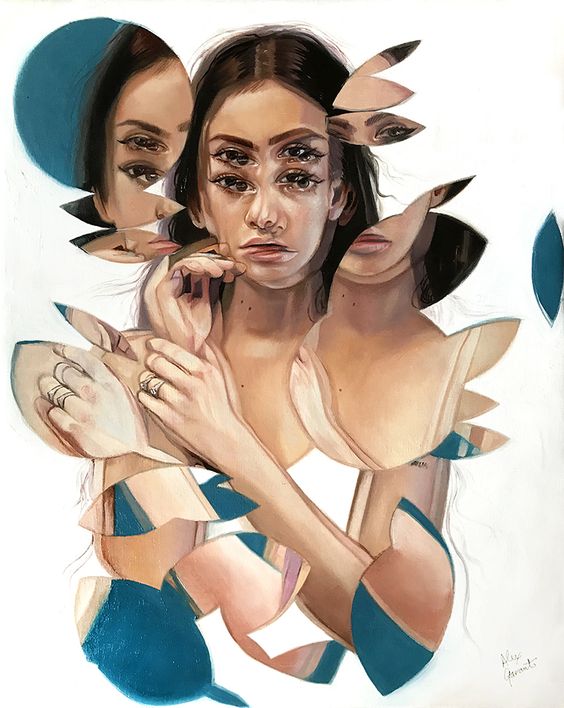

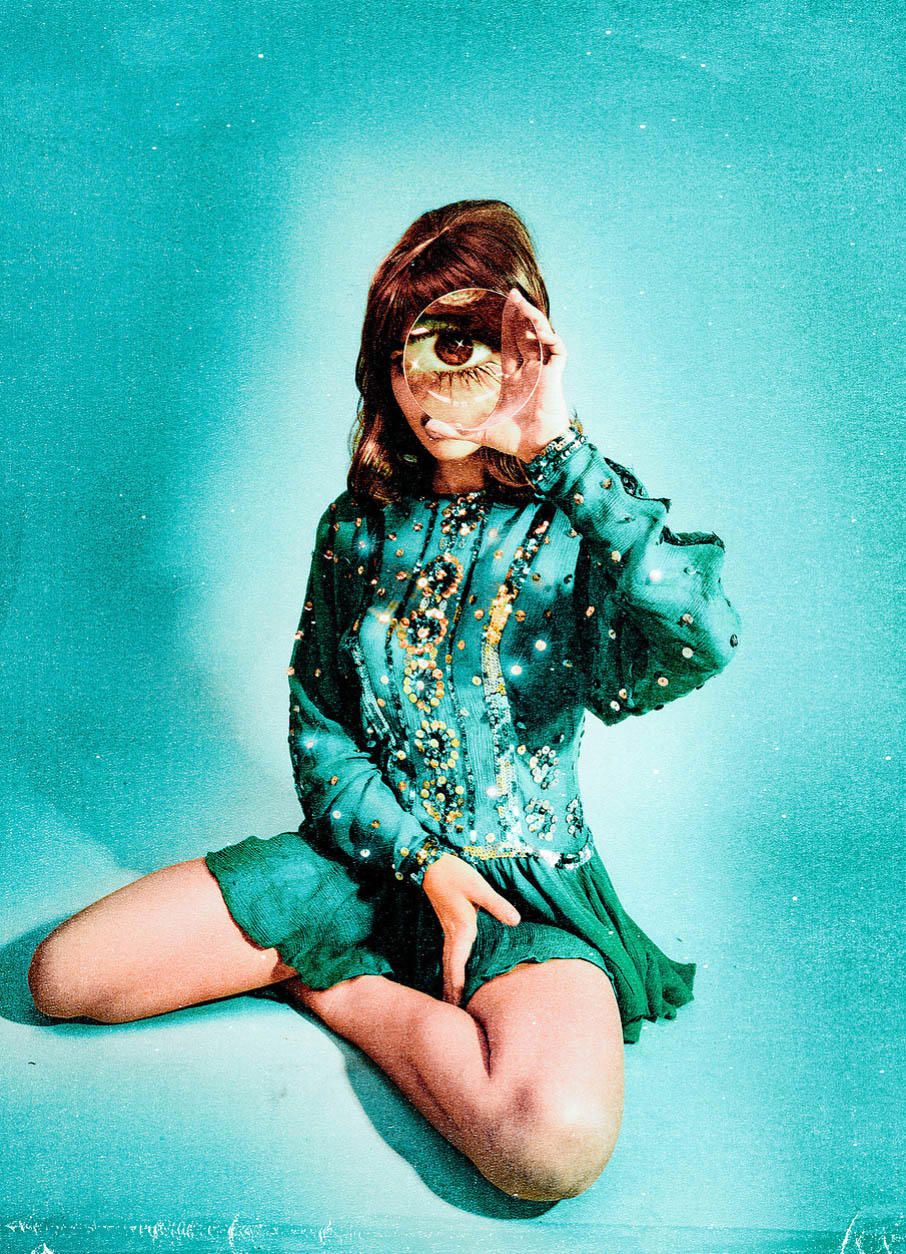
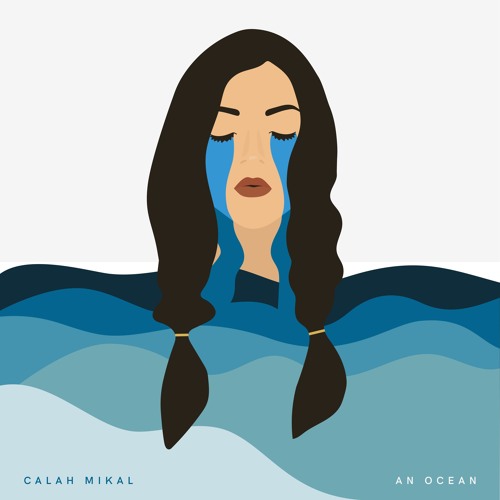

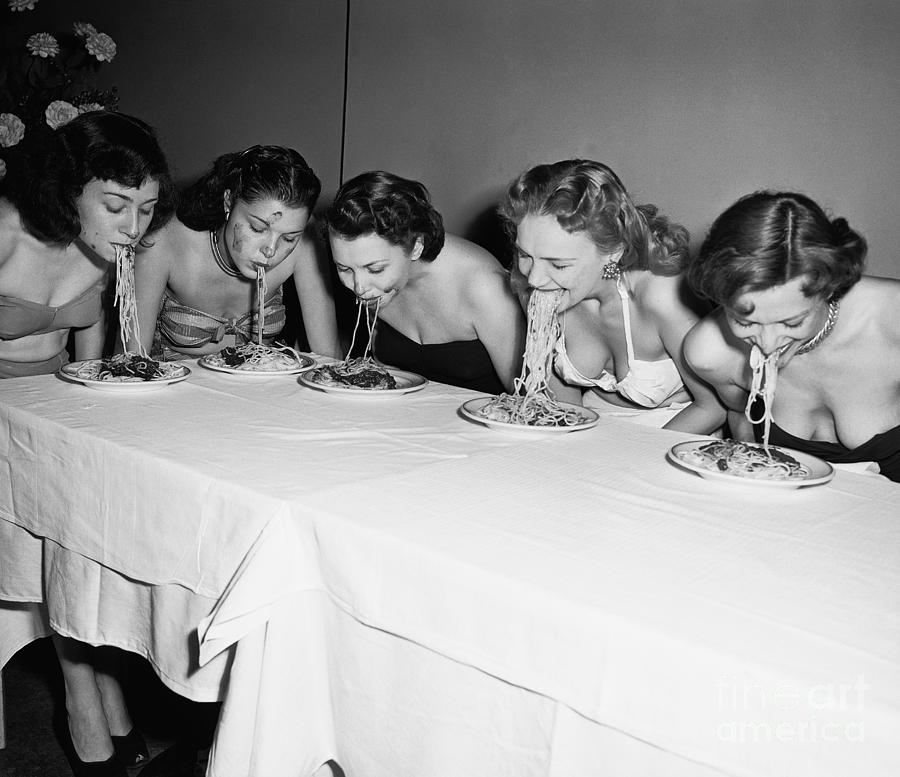


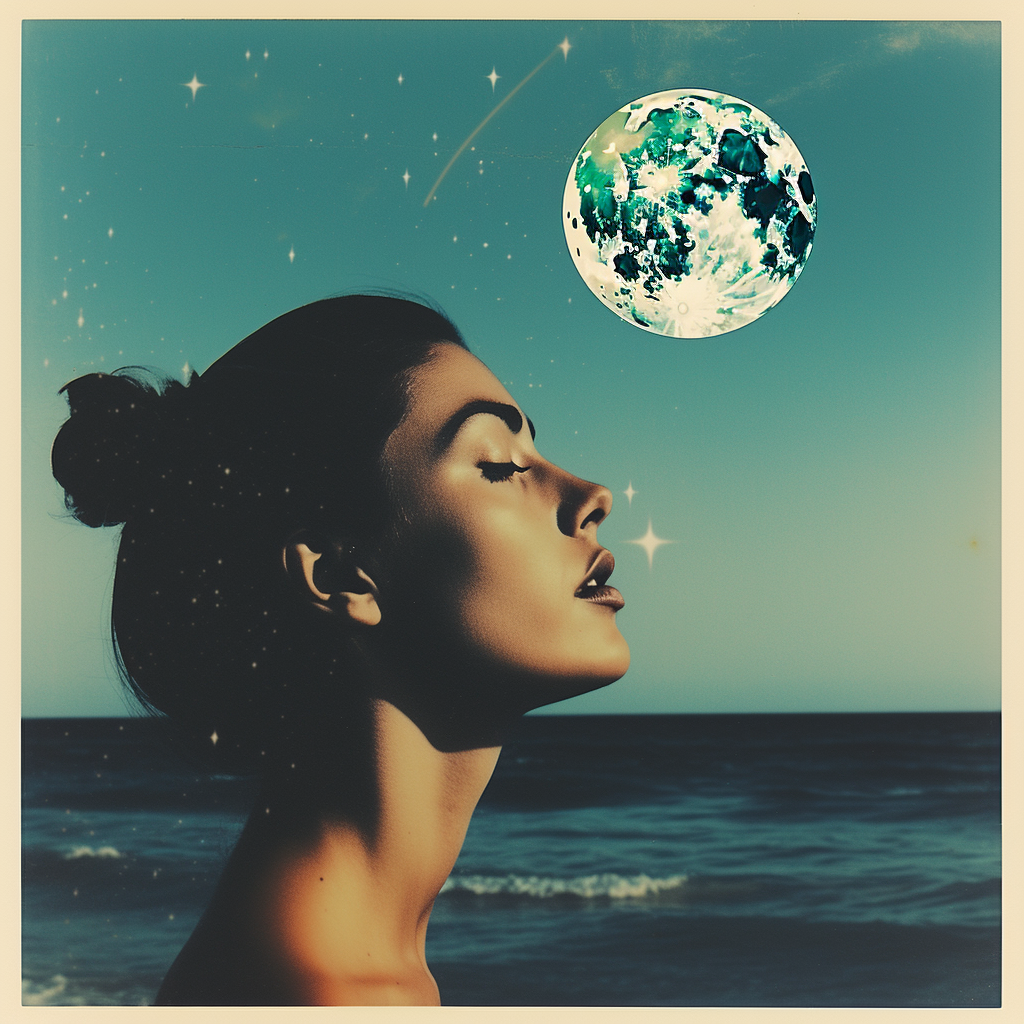
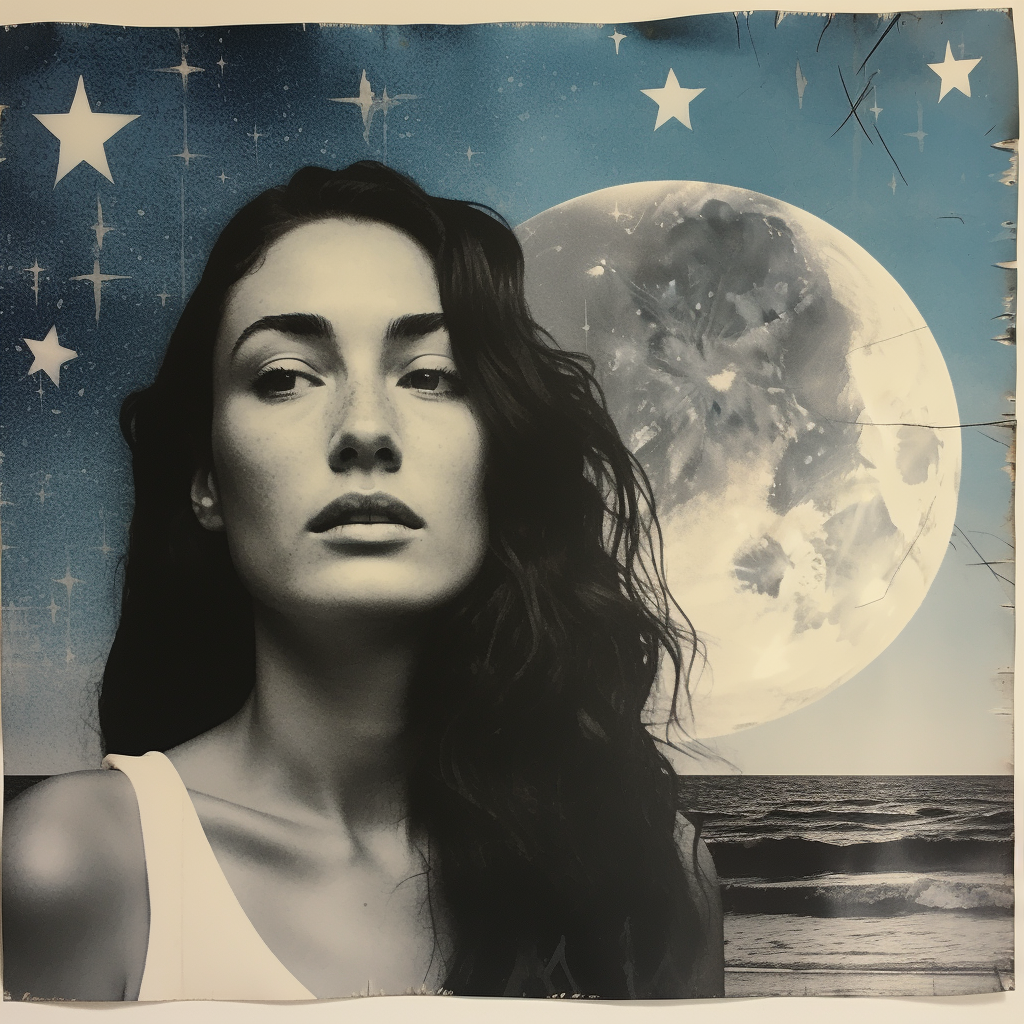




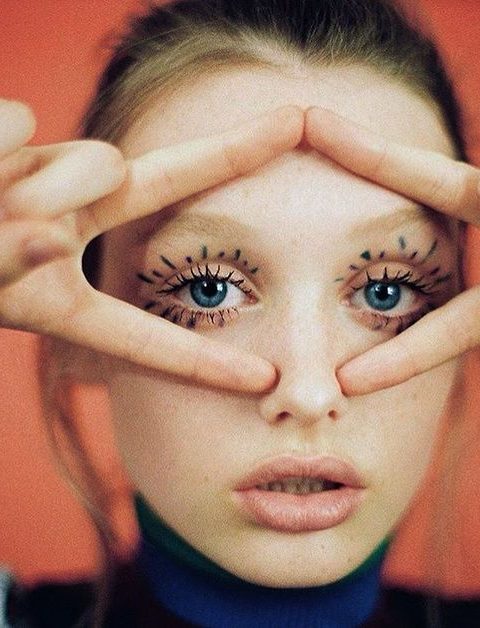


 Venus-Pluto Synastry: A Love So Powerful That It Might Just Kill Them
Venus-Pluto Synastry: A Love So Powerful That It Might Just Kill Them
 Moon Conjunct Pluto Synastry
Moon Conjunct Pluto Synastry
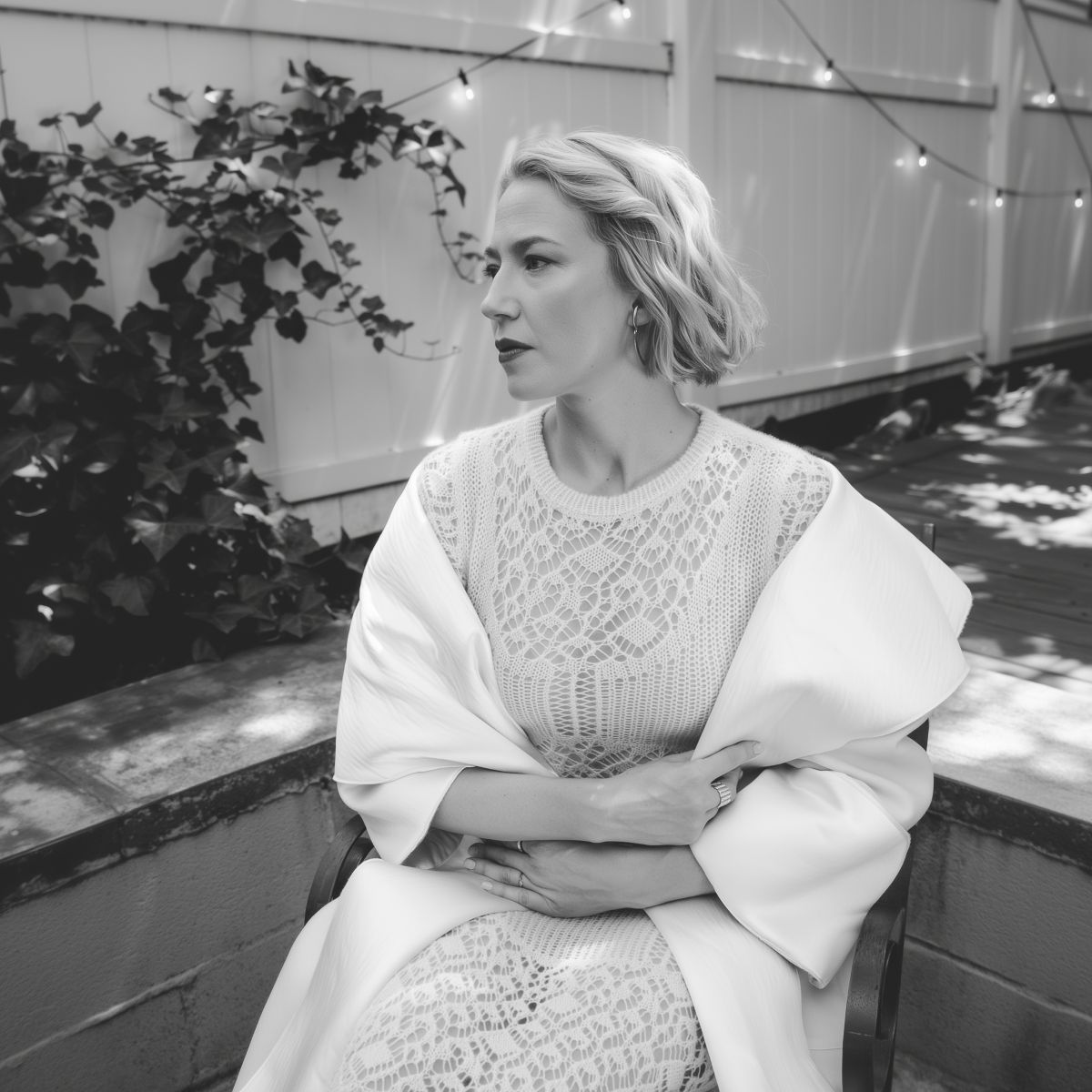 The Cost of Living Through the Eyes of Aquarius
The Cost of Living Through the Eyes of Aquarius
 Sun Square Pluto Synastry: You’ve Got That Power Over Me
Sun Square Pluto Synastry: You’ve Got That Power Over Me
 Scorpio’s Jealousy
Scorpio’s Jealousy
 Jungian and Freudian Astrology: Part 1
Jungian and Freudian Astrology: Part 1
 Mercury Conjunct Venus Synastry
Mercury Conjunct Venus Synastry
 Venus Trine Mars Synastry
Venus Trine Mars Synastry
 The Cost of Living Through the Eyes of Capricorn
The Cost of Living Through the Eyes of Capricorn
 Moon Square Saturn Natal Aspect
Moon Square Saturn Natal Aspect
 Mars-Pluto Synastry: Something Quite Dark and Dangerous
Mars-Pluto Synastry: Something Quite Dark and Dangerous
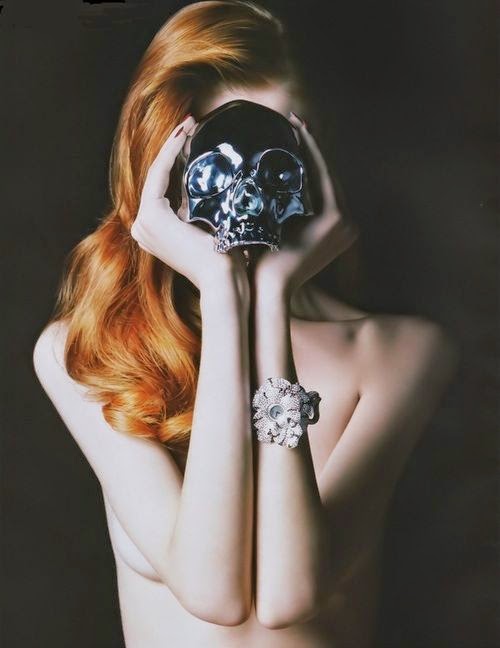 Pluto: The Soul’s Evolution Through Relationships – Jeff Green
Pluto: The Soul’s Evolution Through Relationships – Jeff Green
 Sun Square Pluto Natal Aspect: I Am Titanium
Sun Square Pluto Natal Aspect: I Am Titanium
 Mars Trine Pluto Natal Apsect
Mars Trine Pluto Natal Apsect
 Neptune in the 4th House
Neptune in the 4th House
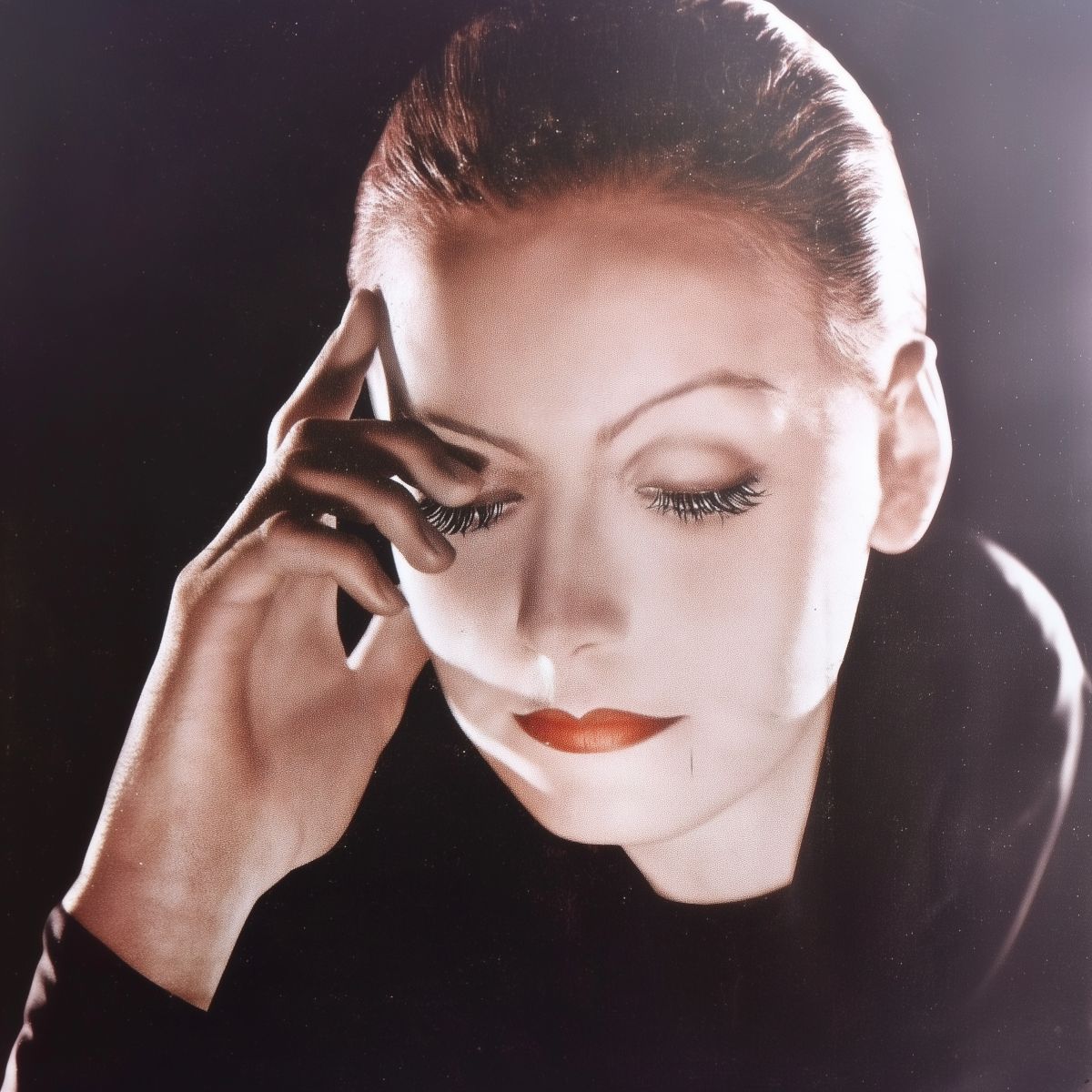 Mars Opposite Pluto Natal Aspect: Live Passionately or Burn Silently
Mars Opposite Pluto Natal Aspect: Live Passionately or Burn Silently
 Scorpio’s Cold Withdrawal
Scorpio’s Cold Withdrawal
 Composite Sun in Houses: Part 1
Composite Sun in Houses: Part 1
 Grand Fire Trine: From Adventurous Extroverts to Visionary Introverts
Grand Fire Trine: From Adventurous Extroverts to Visionary Introverts
 Liz Greene: Guide to Astrology Review
Liz Greene: Guide to Astrology Review